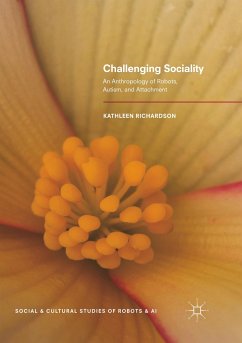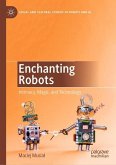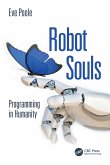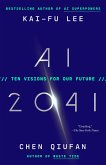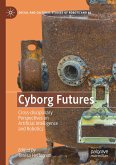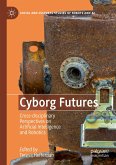This book explores the development of humanoid robots for helping children with autism develop social skills based on fieldwork in the UK and the USA. Robotic scientists propose that robots can therapeutically help children with autism because there is a "special" affinity between them and mechanical things. This idea is supported by autism experts that claim those with autism have a preference for things over other persons. Autism is also seen as a gendered condition, with men considered less social and therefore more likely to have the condition. The author explores how these experiments in cultivating social skills in children with autism using robots, while focused on a unique subsection, is the model for a new kind of human-thing relationship for wider society across the capitalist world where machines can take on the role of the "you" in the relational encounter. Moreover, underscoring this is a form of consciousness that arises out of specific forms of attachment styles.

